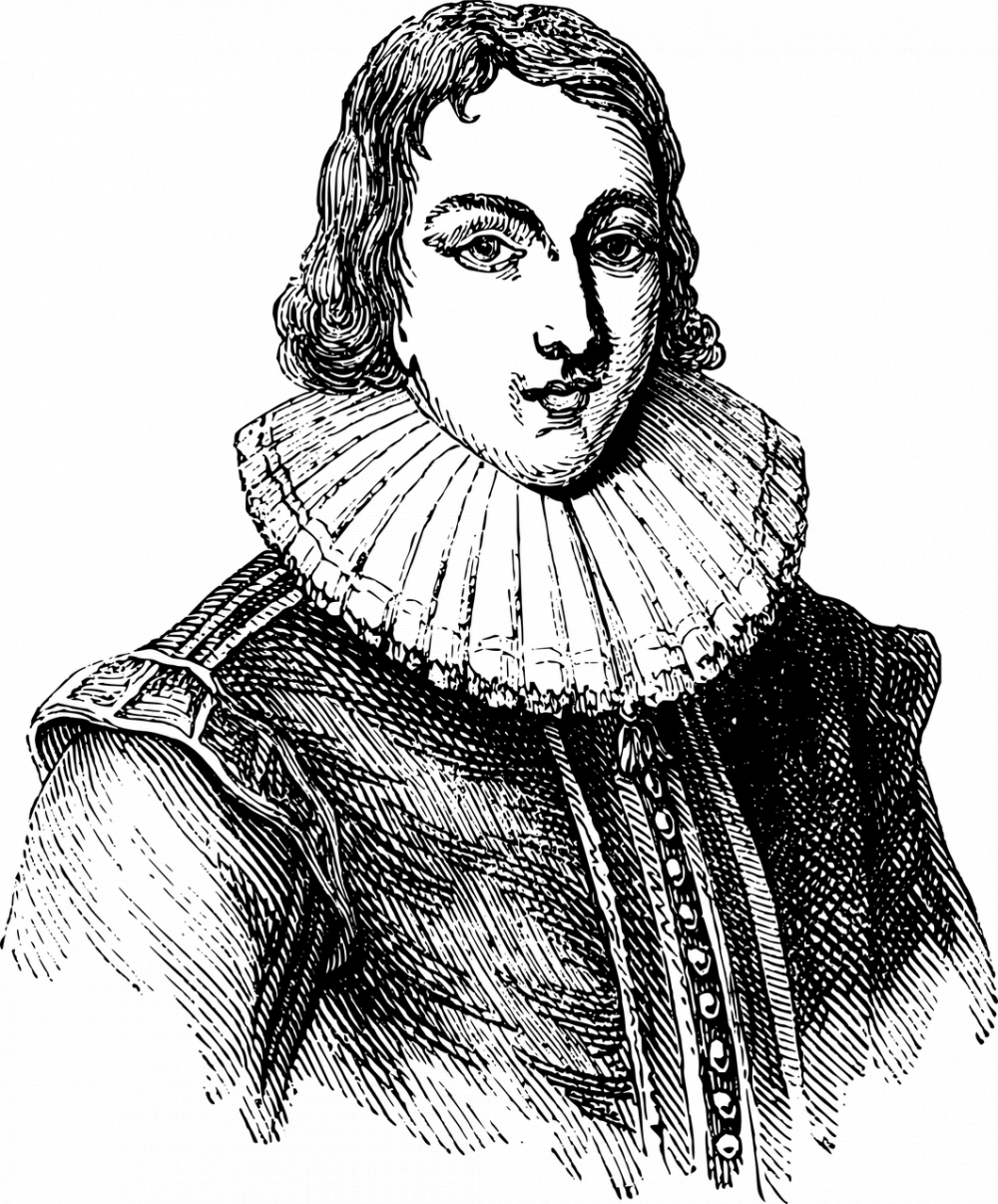Gustav Wied Books: A Deep Dive into the World of Danish Literature

Introduction:
Gustav Wied books stand as a significant contribution to Danish literature, captivating readers with their unique blend of wit, satire, and social criticism. For those interested in exploring the works of this influential Danish author, this article provides a comprehensive overview of Gustav Wied books, their historical development, and their relevance in contemporary literature.
I. An Introduction to Gustav Wied Books:

– Gustav Wied’s literary style: Known for his sharp observations of society and his ability to mix humor and satire, Gustav Wied’s books offer a distinctive reading experience. Through his characters, Wied explores the complexities of human relationships, societal norms, and the hypocrisy underlying the facade of Victorian-era Denmark.
– Themes in Gustav Wied books: Wied’s works often delve into themes such as class divide, gender roles, morality, and the struggle between societal expectations and personal desires. These themes remain relevant even today, making Gustav Wied books timeless pieces of literature.
– Notable characters: Gustav Wied’s books are populated by memorable characters who challenge societal norms and offer thought-provoking perspectives. Characters like the renowned “Tante Cramers testamente” or “The Testament of Aunt Cramer” stand as testament to Wied’s ability to create compelling personalities.
II. Historical Development of Gustav Wied Books:
– Early influences: To fully appreciate Gustav Wied books, it is important to understand the author’s background. Born in 1858, Wied grew up in a wealthy family in Denmark’s rural Jutland region. His early experiences shaped his perception of society and provided him with fodder for his later works.
– Initial works: Wied’s literary career took off with the publication of his first book, “Fra Boeslunde og Omegn” (From Boeslunde and Surroundings) in 1880. This collection of short stories showcased Wied’s satirical wit and garnered critical acclaim, establishing him as a promising literary figure.
– Literary success: It was during the late 1890s and early 1900s that Gustav Wied reached the pinnacle of his literary career. “Livsens Ondskab” (The Wickedness of Life), published in 1899, propelled him to unparalleled fame in Denmark. This semi-autobiographical novel tackled social issues, capturing the attention of readers and critics alike.
– Later works: Despite his early success, Gustav Wied’s later works received mixed reviews. As societal norms evolved, Wied’s content became more controversial, leading to both admiration and criticism. Nevertheless, his books continued to captivate readers, ensuring his lasting legacy in Danish literature.
III. Featured Snippet Optimization:
When structuring the text, it is essential to consider its optimization for featured snippets. By incorporating bullet points, h2 headings, and a concise yet informative approach, this article aims to increase its chances of appearing as a featured snippet in Google searches.
Featured snippet optimization elements:
1. Gustav Wied books: A unique blend of wit, satire, and social criticism.
2. Historical development of Gustav Wied books.
– Early influences: A wealthy upbringing in rural Jutland.
– Initial works: “Fra Boeslunde og Omegn” established Wied’s reputation.
– Literary success: “Livsens Ondskab” brought unparalleled fame.
– Later works: Mixed reviews as societal norms evolved.
3. Notable themes in Gustav Wied books: Class divide, gender roles, and morality.
4. Memorable characters in Gustav Wied books: “Tante Cramers testamente” and others.
5. Relevance of Gustav Wied books in contemporary literature.
Conclusion:
Gustav Wied books continue to enchant readers with their timeless themes, biting satire, and unique perspective on society. Despite the passage of time, Gustav Wied’s works remain relevant, offering valuable insights into humanity’s complexity and societal dynamics. By delving into the historical development and essence of Gustav Wied books, this article has shed light on the lasting legacy of this remarkable Danish author. Whether you are a literature enthusiast or a collector, Gustav Wied books will undoubtedly enrich your reading experience and provide a deeper understanding of the human condition.
FAQ
What is the literary style of Gustav Wied books?
What are some notable themes in Gustav Wied books?
How did Gustav Wieds works evolve over time?
Flere Nyheder
Erhvervsfotografering i Aalborg: God for forretningen
Introduction: Gustav Wied books stand as a significant contribution to Danish literature, captivating readers with their unique blend of wit, satire, and social criticism. For those interested in exploring the works of this influential Danish author,...
01 juni 2025
Galleri Nordjylland: Kunsten i Hjertet af Vendsyssel
Introduction: Gustav Wied books stand as a significant contribution to Danish literature, captivating readers with their unique blend of wit, satire, and social criticism. For those interested in exploring the works of this influential Danish author,...
04 november 2024
Erhvervsfotograf – Din nøgle til professionelt visuelt indhold
Introduction: Gustav Wied books stand as a significant contribution to Danish literature, captivating readers with their unique blend of wit, satire, and social criticism. For those interested in exploring the works of this influential Danish author,...
14 marts 2024
Plakater til mor: Den perfekte gave er hylder kærlighed og taknemmelighed
Introduction: Gustav Wied books stand as a significant contribution to Danish literature, captivating readers with their unique blend of wit, satire, and social criticism. For those interested in exploring the works of this influential Danish author,...
06 marts 2024











